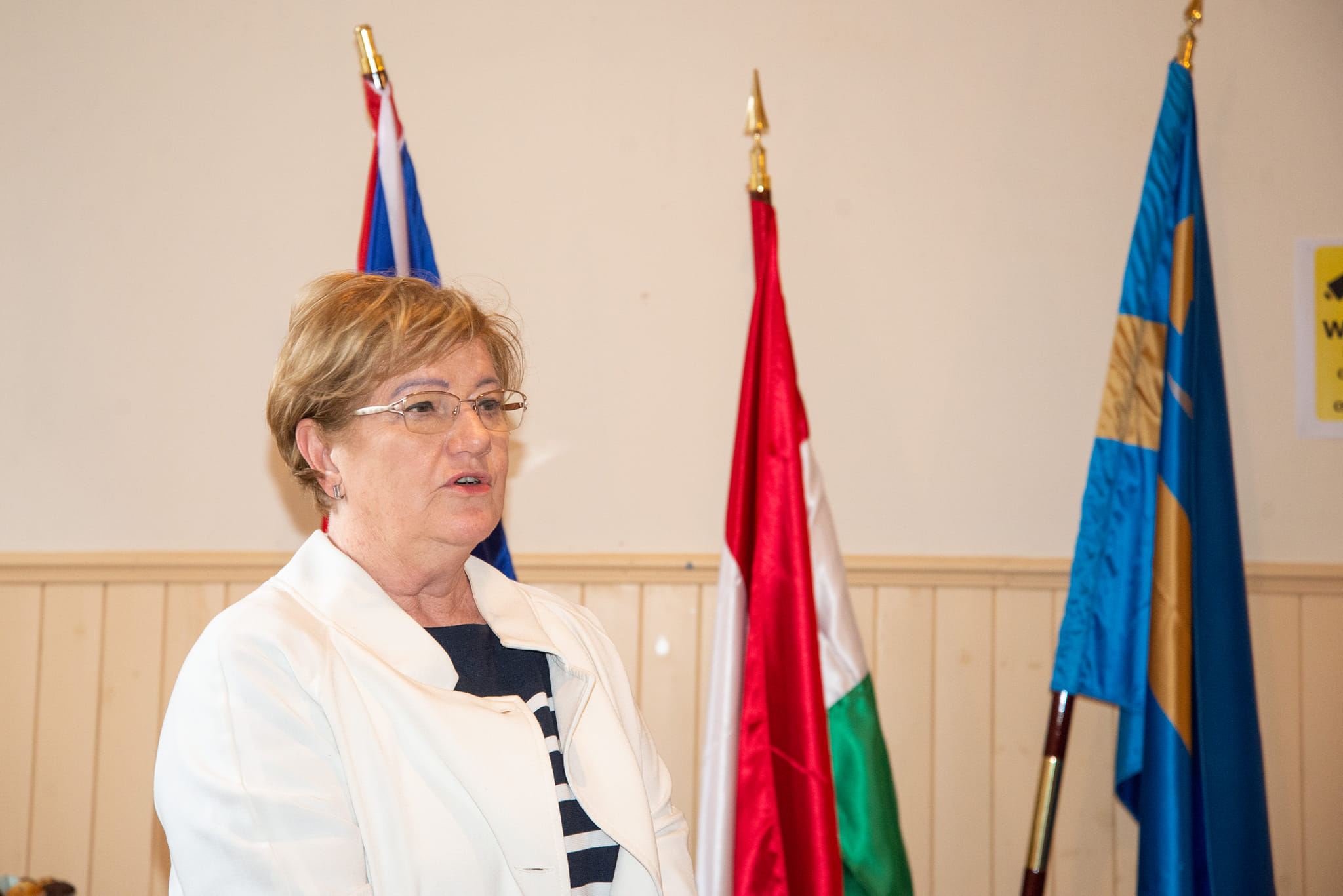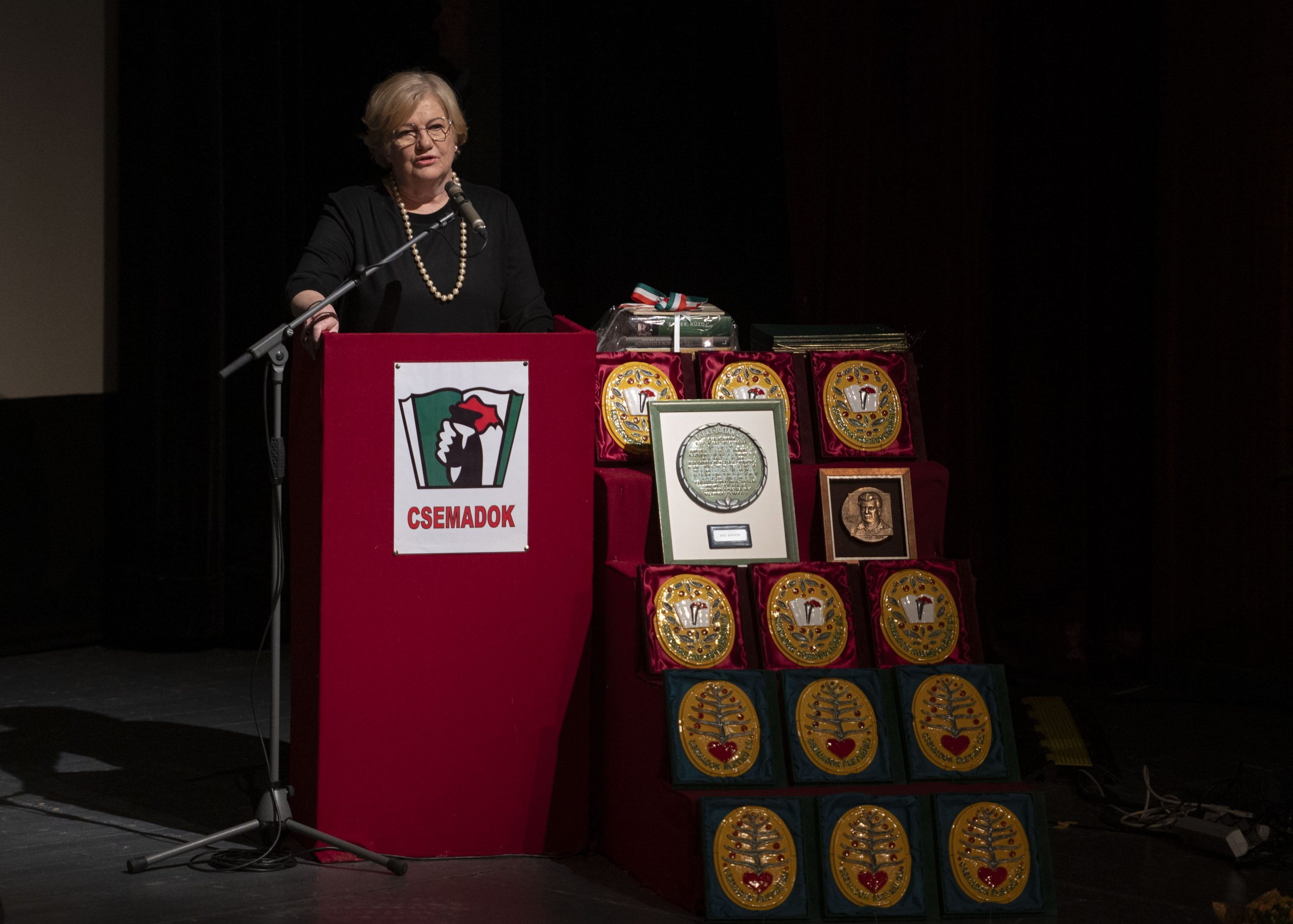
30 years ago, the Hungarian minority in Slovakia formulated the principles of self-determination and expressed their demand for self-government.Continue reading

“It was Hungarian culture that saved and preserved the nation through the shocks and disasters of the past centuries,” said Katalin Szili, the Prime Minister’s chief advisor, during her speech in Galanta (Galánta), Slovakia, commemorating the Day of Hungarian Culture.
The politician reflected on the establishment and origins of the Day of Hungarian Culture, delving into the essence of Hungarian culture, its unifying role, and the importance of its preservation.
“Our culture is akin to a substantial house providing security, protection, and strength. It represents the character of a community, a structure where language serves as the entrance,” she expressed. Szili emphasized that the Day of Hungarian Culture serves as an opportunity for self-reflection, urging an honest assessment of whether the community is genuinely preserving its mother tongue, instilling a demanding national culture, and fostering love for the homeland in its children. She noted that despite various answers to these questions, the shared task remains consistent with that of ancestors: passing on what has been received within families, schools, and communities.
Culture is the link connecting us with the past, the present, and the future. Our culture and community memory define our Hungarian identity,” she concluded.
During the celebrations of Csemadok, the largest cultural and public organization of Hungarians in Slovakia, which marks its 75th anniversary this year, Krisztián Forró, the president of the Hungarian party, the Hungarian Alliance, also addressed the audience before Szili’s welcome speech.
Forró cautioned the Hungarian community in Slovakia, stating that this year they will encounter two significant challenges with the elections to the European Parliament and the elections for the head of state. In both cases, the community must once again demonstrate its strength and unity.
Via MTI; Featured Image: MTI / Bodnár Boglárka